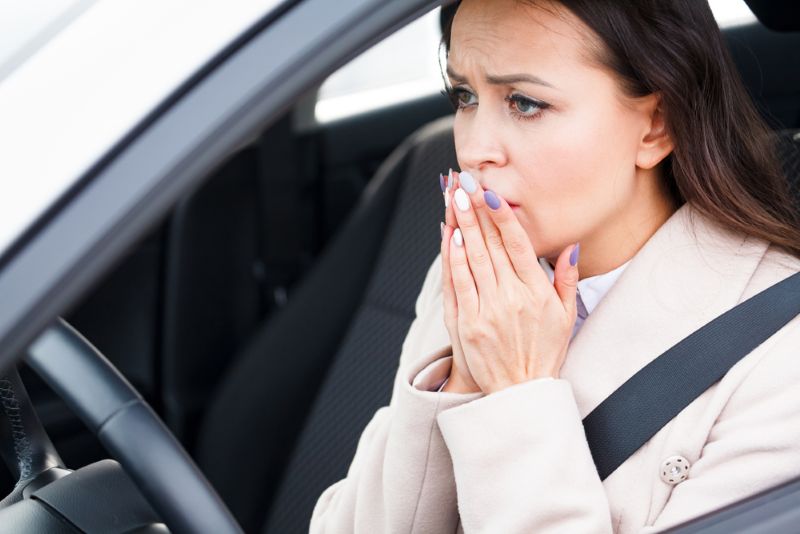Being involved in a fatal accident is one of the most life-altering events a person can experience. When that tragedy leads to criminal charges, the legal stakes couldn’t be higher. In Colorado, two of the most serious charges tied to fatal crashes are vehicular homicide and manslaughter. While they may seem similar at first glance, they are legally distinct offenses with different definitions, requirements, and consequences.
At The Law Office of James Colgan, we defend people across Colorado who are facing these complex and high-stakes charges. Whether you’ve been accused of causing a fatal accident while driving under the influence or during a moment of carelessness, it’s critical to understand the legal distinction between these charges—and what they mean for your future.
Under Colorado law, vehicular homicide is defined in C.R.S. § 18-3-106. A person commits vehicular homicide when they cause the death of another person while operating or driving a motor vehicle in a reckless manner, or while under the influence of alcohol, drugs, or both.
There are two forms of vehicular homicide in Colorado:
The penalties for vehicular homicide are severe. If the offense involves DUI, it is typically charged as a Class 3 felony, punishable by up to 12 years in prison and steep fines. When alcohol is not involved but the conduct is considered reckless, it may be charged as a Class 4 felony, which still carries the possibility of multiple years in prison.
Manslaughter is a broader charge that applies in a wider range of situations. Under C.R.S. § 18-3-104, a person commits manslaughter if they “recklessly cause the death of another person.” This includes situations outside of driving, but in rare circumstances, a fatal car accident could lead to manslaughter charges rather than vehicular homicide.
While the statutory definitions may seem similar, manslaughter typically applies to situations where the accused person’s behavior was not related to the operation of a motor vehicle. For example, if someone encourages another person to engage in dangerous activity that results in death, or fails to act when a duty to act exists, manslaughter charges may be brought.
That said, in rare traffic-related scenarios—especially involving passengers—manslaughter might be charged instead of vehicular homicide if the prosecution believes the death was caused by general reckless conduct rather than the operation of the vehicle itself.
Let’s look at the key factors that differentiate these two charges:
Understanding these differences is critical for building a defense. Each charge requires the prosecution to prove specific elements, and each offers distinct opportunities for challenging the case.
While every case is unique, certain legal strategies may be available depending on the charge and the evidence involved.
Facing either charge is serious, but the way the charges are handled by the courts can vary dramatically. Vehicular homicide, particularly if it involves alcohol or drugs, can lead to mandatory prison sentences. Manslaughter, while still a felony, may be more open to alternative sentencing, especially if no driving or DUI component is involved.
If you’re unsure which charge applies to your case—or if your loved one is currently being held on one of these charges—it’s crucial to speak with a defense attorney immediately. Prosecutors don’t always get it right. They may overcharge or bring a case without sufficient evidence. You need someone who can investigate the facts, challenge weak claims, and fight for a fair outcome.
At The Law Office of James Colgan, we focus exclusively on criminal defense. Our experience includes defending individuals facing the most serious accusations, including vehicular homicide and related charges. We understand how these cases are investigated, how prosecutors think, and what it takes to challenge evidence and secure reduced charges—or even full dismissals.
Whether you’re accused of driving under the influence, reckless driving, or behavior that tragically resulted in a fatality, we’re here to help you build a strong defense from day one.
If you or someone you love is facing serious charges after a fatal traffic incident, contact us today. We’ll review the case, explain your legal options, and stand with you every step of the way.


